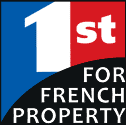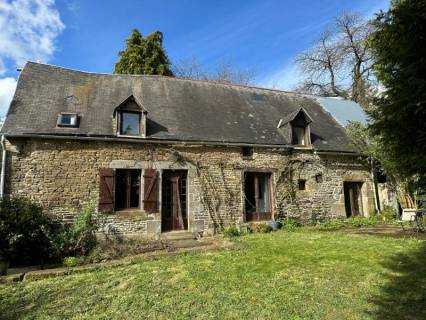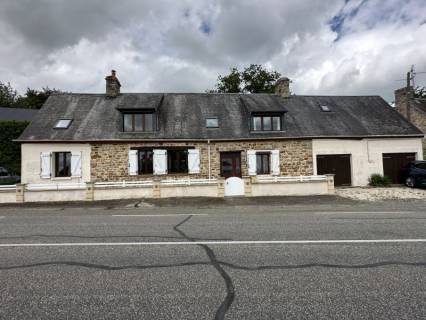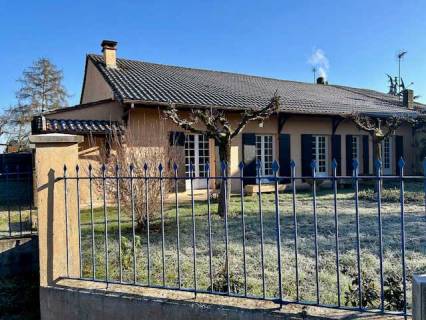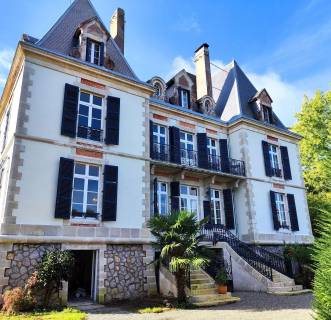Oct 102020
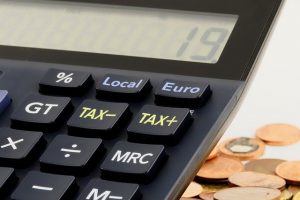 If you’ve got your heart set on buying a property in France, the thought of having to deal with the French tax system probably fills you with dread – but it’s just one of the many things you’ll simply have to get to grips with.
If you’ve got your heart set on buying a property in France, the thought of having to deal with the French tax system probably fills you with dread – but it’s just one of the many things you’ll simply have to get to grips with.
Don’t worry, it needn’t be scary. While we strongly recommend seeing a tax specialist for any income, pensions and savings related tax advice, let’s take a look here at some of the main taxes in France you’ll need to know about.
Buying A Property In France – Fees and Taxes
The first important point to remember when buying a property in France is that it is the buyer, and not the vendor, who pays the estate agency commission, which is usually incorporated into the advertised sale price. The commission may be anything from between 4 – 10%, with a higher level payable on less expensive properties, but the national average is around 5%, on top of which TVA – similar to VAT – of 20% is added.
Frais de Notaire, or notary fees, are the equivalent of stamp duty, and collected by the notary on behalf of the Public Treasury. They cover the costs of conveyancing, and registration of the change of ownership, mortgages and mortgage guarantees, town planning documents, extracts from the Land Register, and land surveyors.
Expect to pay between 7 – 10% of the property price for these fees unless you are buying a brand new property, in which case the frais de notaire is only 2%. In both cases, 20% TVA is added. Of this sum, just around 1/10th actually goes to the notary for his or her services, in a fee called emoluments.
Usually the vendor appoints the notary, and the buyer may use the same one or appoint their own. The fee remains the same and will be shared between the two, but using two notaries may slow down the process.
Some Useful Acronyms
You will quickly become familiar with the following acronyms in estate agency adverts, restaurants and shops.
- FAI stands for Frais d’Agence Inclus, or estate agency fees included
- TTC stands for Toutes Taxes Comprises, or all taxes included
- HT stands for Hors Taxe, or tax not included, subtotal, without tax, net price or pre-tax
- TVA stands for Taxe sur la Valeur Ajoutée, or Value-Added Tax
TVA – Similar To VAT
The TVA system was most recently revised in 2014. The standard rate is currently set at 20% for the majority of consumer items and services, but there are also three lower bands of 10%. 5.5% and 2.1%.
Food and non-alcoholic drinks, for example, are taxed at 10% or 5.5%, depending on whether they are intended for immediate or delayed consumption. The TVA on passenger transportation is 10%. Also set at 10% are certain renovation works, the rental of camping pitches, and entrance fees to museums, zoos and monuments.
The TVA of 5.5% applies to feminine hygiene products, gas and electricity, equipment and services for the disabled, books, school meals, tickets for sporting events and the cinema, works of art, energy quality operations, and social or emergency housing.
The TVA at 2.1% is reserved for reimbursable medicine through French social security, the sale of livestock, television licenses, newspapers and magazines, and the first 140 theatrical or circus performances.
Local Household Taxes – Taxe d’Habitation and Taxe Foncière
If you own a property in France, you will be subject to two different local taxes: Taxe d’Habitation, or Residence Tax, and Taxe Foncière, or Land Tax. If you are a tenant, you will only be subject to the former. It is worth asking your seller, estate agent or notary for copies of previous property tax invoices to get an idea of how much you can expect to pay.
Taxe d’Habitation – Residence Tax
This is an annual tax levied on all occupants, whether they are owners or tenants, which is set to be abolished by 2023.
The tax rate is currently determined by each municipality and can vary considerably, but is based on the rental value and size of the property. It includes the redevance audiovisuelle, or TV licence, which is currently set at €139 per year. This will continue to be charged, but the government has yet to decide how.
Taxe Foncière – Land Tax
This is an annual tax for all property owners, regardless of whether they are currently occupying the property or not. It is also calculated on the size and rental value, and varies between municipalities. Any major improvements must be reported to the tax authorities who will then reassess the amount due. Buyers should note that the vendor is expected to pay the tax for the current year, but it is normal practise to share this cost depending on which month the property was purchased.
We recommend carrying out you’re own research and taking advice if you feel it would be helpful when purchasing your dream property in France.
